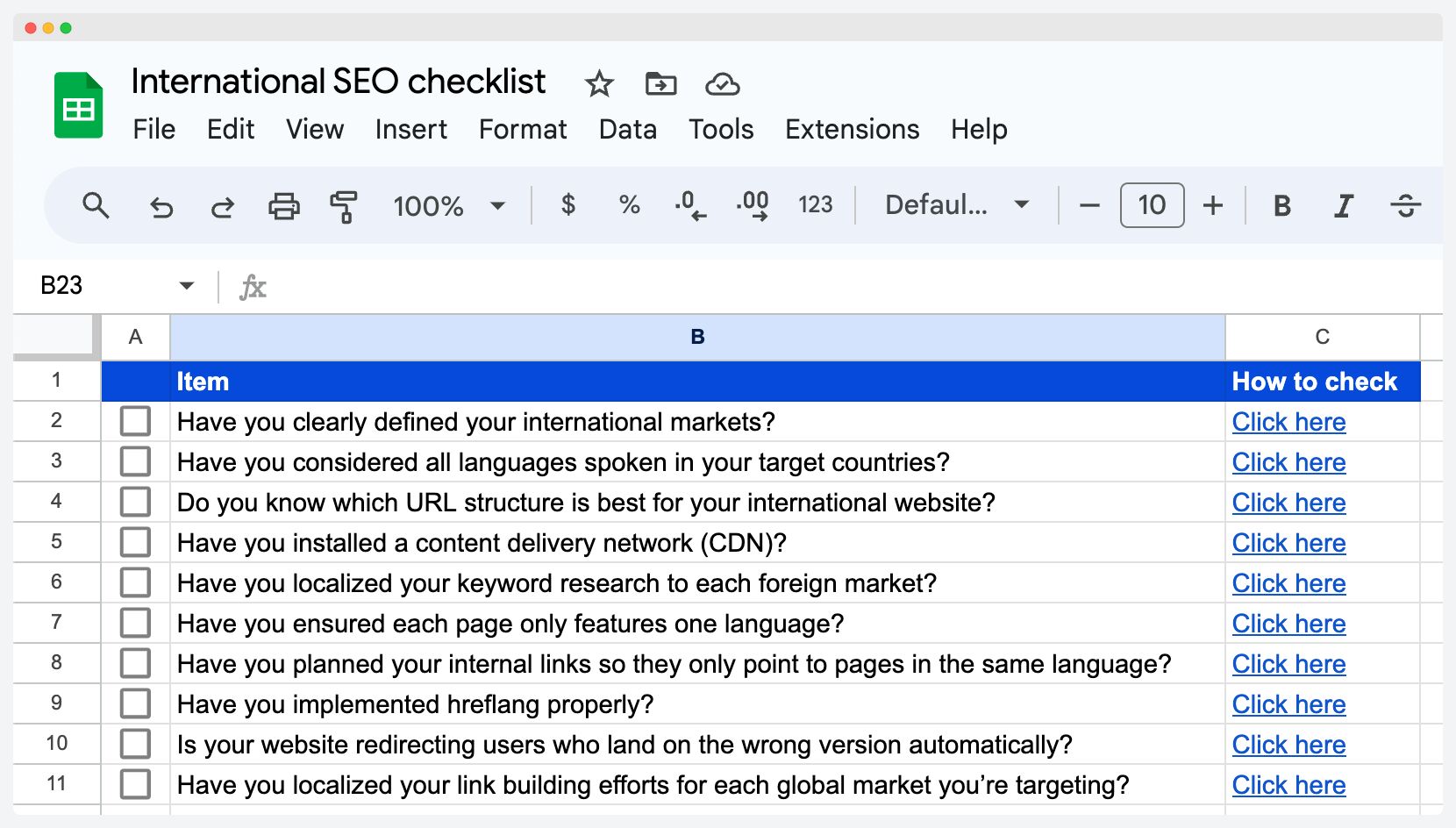Navigating the Digital Landscape: Leveraging International SEO for Cross-Border Success
In today's interconnected electronic globe, businesses are significantly looking beyond boundaries to tap right into international markets. The complexity of navigating the electronic landscape on a global scale requires a nuanced approach, from comprehending the basics of International SEO to carrying out geotargeting and multilingual key words methods.
Comprehending International SEO Fundamentals
Navigating the complexities of worldwide SEO needs a strong grasp of fundamental concepts to effectively expand online presence throughout borders. One important aspect of international search engine optimization is recognizing the importance of localization. This includes customizing website web content to match the etymological, social, and commercial differences of target markets. Keywords should be not only equated however additionally adapted to reflect just how individuals in various regions look for info.
Additionally, having a clear understanding of geo-targeting is important. This involves suggesting to internet search engine the specific countries or areas a website is targeting. Applying hreflang tags is one means to interact this information, making certain that the appropriate variation of a web page appears in the search engine result for a user in a particular location.
In addition, comprehending the impact of regional online search engine and social media platforms is crucial for worldwide SEO success. While Google is dominant in lots of regions, countries like China have their very own search engines like Baidu, needing tailored strategies for each system to make the most of online visibility (International SEO).

Targeting Multilingual Keyword Methods
Establishing multilingual keyword methods is necessary for efficiently reaching varied international audiences and making best use of on-line visibility across various etymological areas. When targeting multilingual keyword phrase methods, it is important to conduct detailed research to comprehend the particular search terms and expressions used by the target audience in each etymological area. This involves not only equating key words but likewise taking into consideration cultural nuances, local languages, and search trends distinct to every target audience.
To produce a successful multilingual keyword technique, it is necessary to prioritize significance and search intent. Search phrases should line up with the web content on the site and resonate with the cultural context of the target audience. Utilizing tools such as Google Keyword Phrase Coordinator, SEMrush, or Ahrefs can help identify high-performing keyword phrases in different languages and assess their search volume and competitors level.
Moreover, monitoring and evaluating the performance of multilingual key words frequently is necessary for maximizing and improving the technique gradually. By constantly adapting to changes in search behavior and fads, companies can improve their online presence and bring in even more international traffic to their sites.
Executing Geotargeting and Hreflang Tags
When aiming to boost worldwide SEO methods, integrating geotargeting and hreflang tags is important for enhancing site exposure across various regions. Geotargeting entails customizing material to specific areas, making sure that individuals in different locations get pertinent info. By executing geotargeting, businesses can boost their local search rankings and bring in region-specific traffic.

Optimizing Internet Site Structure for Worldwide Exposure
To better boost global search engine optimization strategies past geotargeting and hreflang tags, maximizing the web site structure is necessary for attaining worldwide exposure and maximizing reach across various areas. A well-structured website not just improves user experience however also helps with search engine crawlers in recognizing the material and context of the site. When going for global visibility, it is critical to make sure that the site is organized in a rational manner that deals with individuals from various countries. Implementing a clear pecking order with distinct classifications and subcategories can aid in boosting the site's navigating and user-friendliness.
Moreover, producing language-specific subdirectories or subdomains can assist internet search engine provide the appropriate version of the site to users based upon their language preferences, even read the full info here more improving the total customer experience. Additionally, maximizing URL structures to consist of relevant keyword phrases and geotargeted terms can boost the website's presence in different areas. By structuring the internet site effectively for global target markets, companies can raise their possibilities of attracting worldwide traffic and broadening their reach across borders.

Monitoring and Analyzing Cross-Border Efficiency
Effective surveillance and analyzing of cross-border efficiency is crucial for reviewing the success of international search engine optimization techniques and identifying chances for improvement in international reach and visibility. By very closely tracking crucial performance indications (KPIs) across different markets, organizations can acquire important insights into the efficiency of their cross-border SEO initiatives. Checking metrics such as natural website traffic, keyword positions, conversion rates, and bounce prices can offer a thorough sight of just how well an internet site is carrying out in different areas.
By comparing efficiency across different countries, areas, or languages, firms can determine successful approaches and center material to better cater to certain target audiences (International SEO). Routine evaluation of Search engine optimization performance on a worldwide scale guarantees that firms can adapt their strategies swiftly to capitalize on arising chances and preserve a competitive side in global markets.
Final Thought
In final thought, global search engine optimization plays a vital role in attaining cross-border success by enhancing sites for international visibility, targeting multilingual keyword methods, applying geotargeting and hreflang tags, and keeping an eye on cross-border Click Here efficiency. By understanding the principles of international SEO and maximizing internet site structures accordingly, services can effectively reach and engage with their target audiences throughout different regions and languages. This strategic technique is crucial for expanding market reach and driving online development in today's electronic landscape.